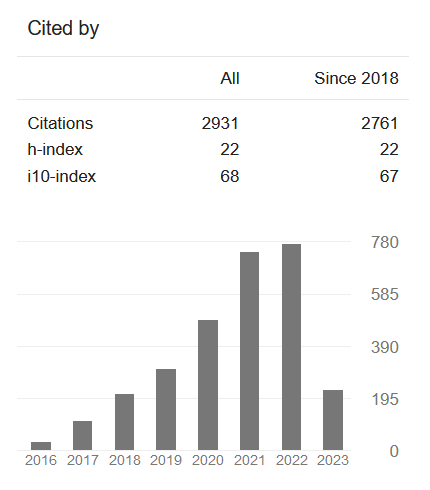Analyzing the Effects of the Different Defuzzification Methods in the Evaluation of Java components’ Customizability for Reusability( Vol-3,Issue-9,September 2017 ) |
|
Author(s): Ajayi Olusola Olajide, Aderele Tolulope Busayo, Elemese Tolulope Olawale |
|
Keywords: |
|
|
defuzzification, reusability, customizability, Java, fuzzy logic. |
|
Abstract: |
|
|
Customizability is one of the key factors that determine reusability of components in component-based software engineering. In tandem with measuring component reusability based on predicted customizability of the components selected, this study also analyze the effects of the application of different defuzzification methods in the process of achieving this evaluation. We deployed five (5) defuzzification methods: Centroid, Bisector, Largest of Maximum, Smallest of Maximum, and Mean of Maximum. The results of the experimentation carried out using MATLAB as tool and four (4) components extracted from a third party organization, proved that the applied defuzzification methods yield different reusability values, attesting to the fact that, the type of defuzzification method applied in the evaluation of component reusability has effects on its result. |
|
Cite This Article: |
|
| Show All (MLA | APA | Chicago | Harvard | IEEE | Bibtex) | |
Share: |
|

 DOI:
DOI: 



























